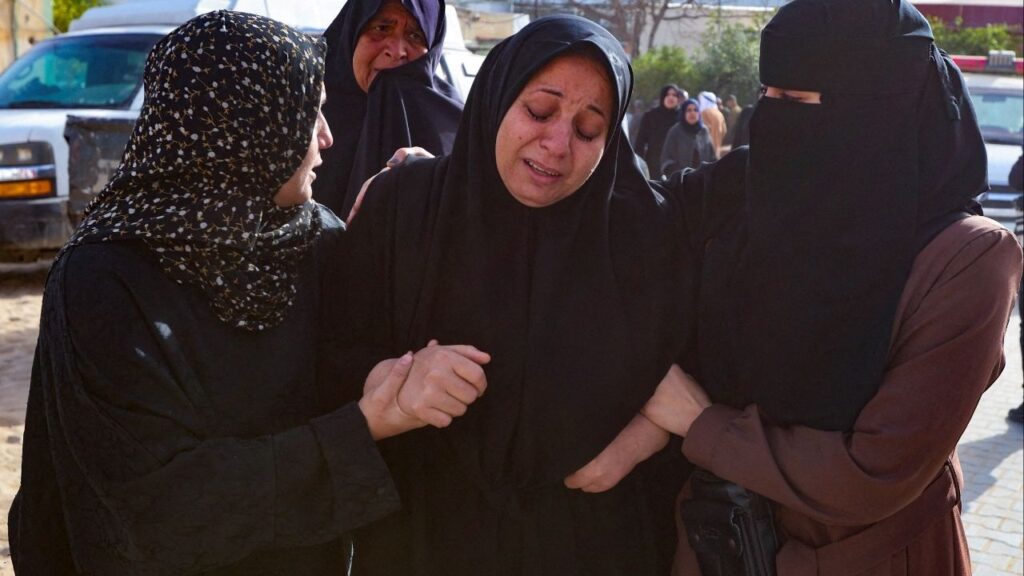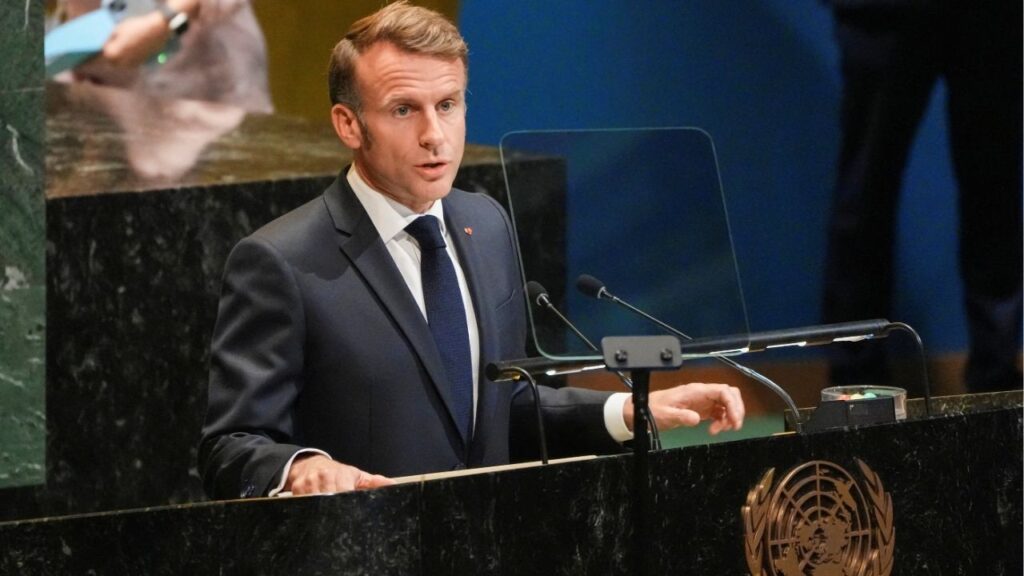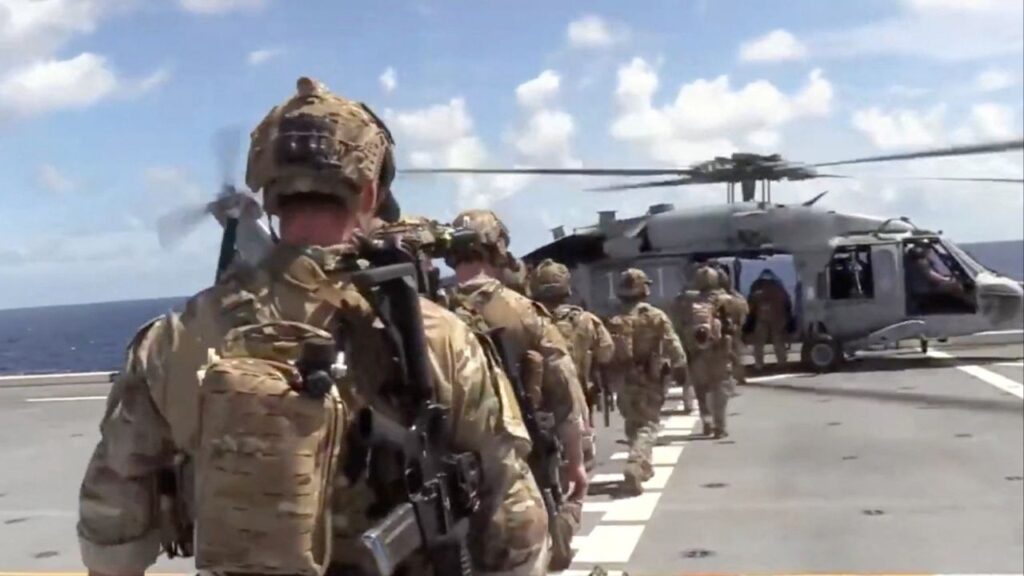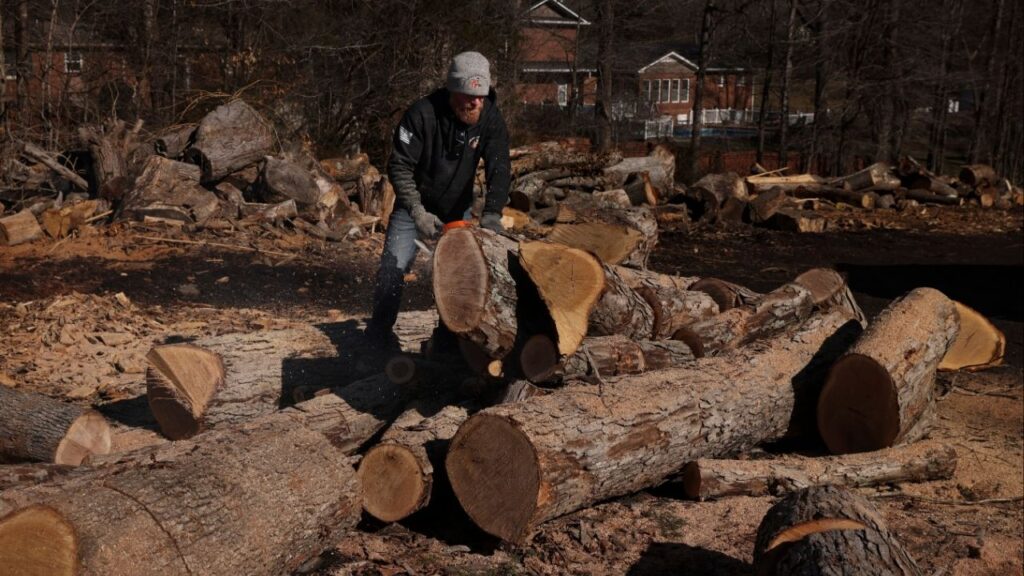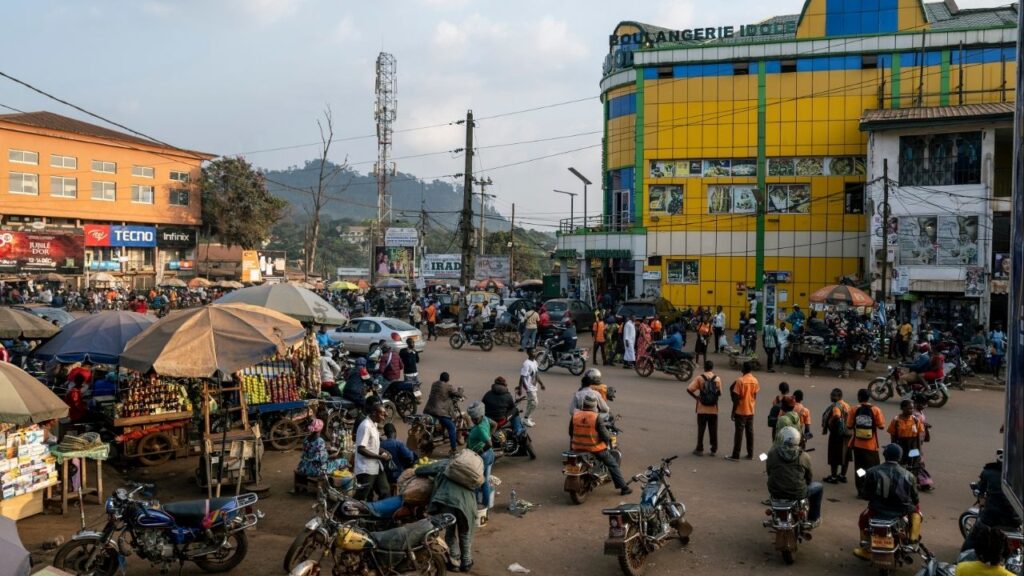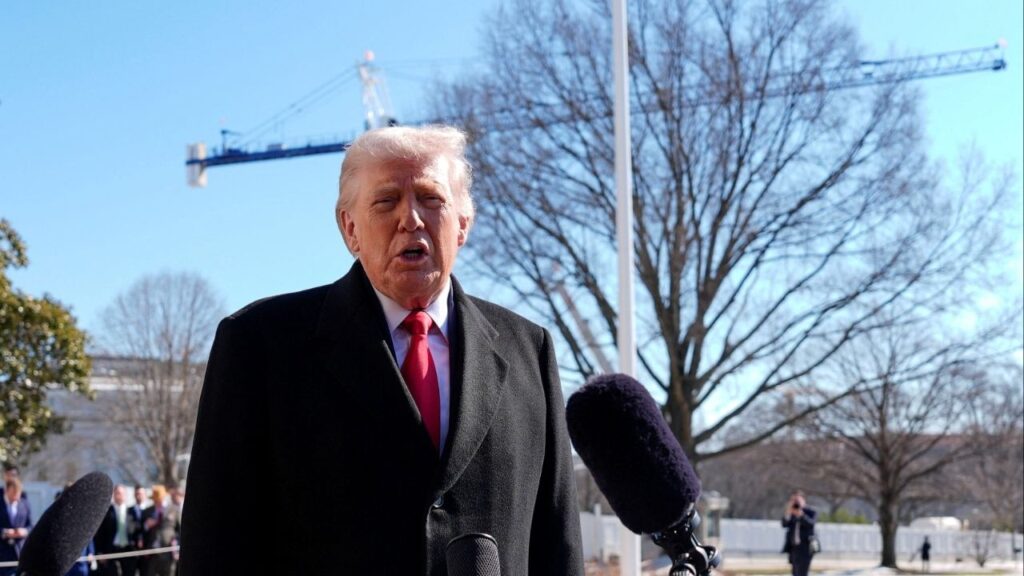Share
As violent protests dotted Minneapolis and the rest of the country after the death of George Floyd, nearly 200 peaceful protesters gathered for a vigil Friday night in northeast Fresno.
“Black lives matter! It bears repeating,” organizer Karen Polnitz told the crowd, most wearing masks and practicing social distancing.
Video of the Minneapolis officer, Derek Chauvin, with his knee on the back of Floyd’s neck, led to condemnation from Fresno civic and police leaders. Chauvin was arrested on Friday and charged with Floyd’s death.
Vigil Quiet, Peaceful
Protesters lined up for a half-mile on the north side of Alluvial Avenue centered around the Unitarian Universalist Church, many carrying signs. The diverse crowd spanned ages, skin tones, and cultural styles.
They heard speakers talk about injustices that minorities face under unfair policing practices. While the focus was on Floyd, the names of other African-Americans killed in recent shootings that have raised concern such as Breonna Taylor of Louisville, Kentucky, and Ahmaud Arbery from Georgia were mentioned as well.
Erin Hubbard attended with her husband and two young girls. She worries about her husband, who is black.
“I fear when he goes out that he’s not going to come back to his kids and he’s not going to be there to raise them and to see them grow up just because someone thought he looks threatening,” Hubbard said. “It’s important for me to be here and support my community because I want my children’s father to watch them grow up.”

Mistrust Between African-Americans and Police
“There’s a level of mistrust that exists within the African-American community with the police department like any anywhere else in the country.” — former Fresno City Councilman and police officer Oliver Baines
Oliver Baines is a former Fresno police officer and city councilman and now is CEO of the Central Valley NMTC, LLC. He shared his perspective on the relationship between the black community and Fresno police Friday.
“There’s a level of mistrust that exists within the African-American community with the police department like any anywhere else in the country,” Baines said.
Baines said that mistrust comes from decades of negative relations between law enforcement and African-American residents.
“I think people fail to realize how historical the sentiment is. It is way beyond what we see happening in this 21st century or 20th century. It extends way beyond that,” Baines said. “It’s deep and it’s visceral and it’s really baked into the DNA of African-Americans around the country.”
Fresno Police Union: Contrary to Our Training
“I’m a white male and I’m not an African-American person living through their spectrum. So it’s harder for me to obviously see what they’re seeing.” — FPOA President Todd Frazier
“I was shocked,” Todd Frazier, president of the Fresno Police Officers’ Association, said after watching the video of Floyd.
Frazier talked about how officers are trained to restrain a suspect.
“There are times when we have to get on a person’s back to restrain them, put them in cuffs. But then we are also trained to immediately, once the situation is controlled, get that person off their chest … or at least on their side so they can have a normal chest compression so they can fill their lungs, breathe normally,” Frazier said.
What happened in Minneapolis “was the last thing we wanted to occur.”
“Other (police union) presidents like myself have come out strongly against this. … It’s contrary to our training,” Frazier said.
Motivation for the Vigil
Polnitz, a worship associate for the UU church, had a story similar to Hubbard’s.
“On the national level, it’s very traumatic and very painful. It’s also personal for me. My husband is black and my son is half black. And I fear for them,” Polnitz said. “I think it’s really important for us to spread the word, for us to have a physical presence.”
Polnitz said her husband has reservations about going out food shopping with a mask in the COVID-19 era.
“When he said that to me, it made me realize that the color of his skin could potentially make somebody see him as a threat. He is the most loving man I’ve ever met in my entire life. Yet someone might feel threatened because of his skin color and call the police. That could end in disaster,” Polnitz said.
Polnitz also shared the story at the vigil.
The Unitarian Universalist Church is known for its large “Black Lives Matter” sign that has been a source of controversy in the past.
“I think it’s really important for us to talk about the Black Lives Matter movement and talk about the work that needs to be done to reduce bias, to reduce prejudice so that this type of thing doesn’t happen.”

A Pastor’s Perspective
“It’s difficult to be black and live in America. It’s a different experience than other people have,” said Pastor B.T. Lewis of Rising Star Missionary Baptist Church in Fresno. “(Police) listen to us differently because we are black. The bias is so implicit and is so embedded in our personalities, our biases against other races. So they don’t hear me the same way that they might hear somebody of a different race.”
He says the relationship between the black community and police is better in Fresno than places like the Twin Cities, or Greenville, Texas, where he grew up in the 1960s.
“We have a pretty good communication with police leaders,” Lewis said. “We have developed a level of communication that I think other communities don’t have.”
Lewis still has concerns.
“I’m not saying that our city is not without flaws. I’m still afraid. I need to know where my grown children are. The issue of bias and prejudice and racism still exists,” Lewis said.
Fixing Police-Community Relationship
Baines and Frazier say that community involvement is the best way to build relationships.
“Every bit of evidence shows us that when you engage in community-based policing, it endears a level of trust between all communities, especially African-American communities,” Baines said.
Frazier said the department and FPOA often attend local events to meet and engage the community.
“Maintaining the public trust and relationships between the police officers and our community is vitally important. And we really believe that,” Frazier said.
But Frazier said he understands the damage negative incidents can do.
“We try to take one step forward, but then something happens and we end up having to take two or three steps back,” Frazier said.
Pastor Lewis hopes Fresno police will learn from the Floyd death.
“I want our police department here in Fresno to use this as a teaching opportunity, an awakening opportunity,” Lewis said. “We need this kind of awareness to trickle down to the officer riding around in our neighborhoods. We want our neighborhoods to be policed safely.”
Allies Within White Community
Baines hopes the death of George Floyd elicits sympathy from the white community, rather than blame.
“Every bit of evidence shows us that when you engage in community-based policing, it endears a level of trust between all communities, especially African-American communities.” — Oliver Baines
“There should be a moment of pause for a white person when they see that happen,” Baines said.
Baines said incidents leading up to George’s death, or others in similar police-custody deaths, shouldn’t matter.
“As if any of that justifies killing an unarmed person. It’s ridiculous. I think that’s what white people have to do,” Baines said. “You have to pause in these moments and stop treating them as isolated incidents and realize there’s a pattern of behavior that exists with law enforcement against African-Americans in this country.”
Frazier said that he is sensitive to perspectives from communities of color that differ from his own experience.
“I’m a white male and I’m not an African-American person living through their spectrum. So it’s harder for me to obviously see what they’re seeing. We’re seeing something different and it’s just for that alone, we need to be more diligent and trying to see what they’re seeing and try and sympathize with what’s going,” Frazier said.
Fresno Chief Troubled by Minneapolis Incident
Asked for a comment, Fresno Police Chief Andrew Hall deferred to his Wednesday Facebook post criticizing the actions of Minneapolis police.
“I am troubled by what I saw and feel compelled to speak out,” Hall wrote. “This officer’s actions and those officers that stood by and watched the death of George Floyd, violated the oath of the more than 800,000 men and women who dedicate their lives to serve their communities. I am angry over the actions of these officers and they should be held accountable. The behavior demonstrated by the Minneapolis officers erodes the trust of our profession.
“I am saddened over the loss of George Floyd and I pray that God will comfort not only his family and friends, but that God will continue to provide leadership and guidance to Minneapolis Police Chief Medaria Arradondo. The actions of these officers should not and cannot diminish the relationship we have with each other.”
Sunday Protest Scheduled
Another protest and march is scheduled for Sunday, May 31, at City Hall starting at 2 p.m.
This story has been updated with additional coverage of Friday’s vigil.








